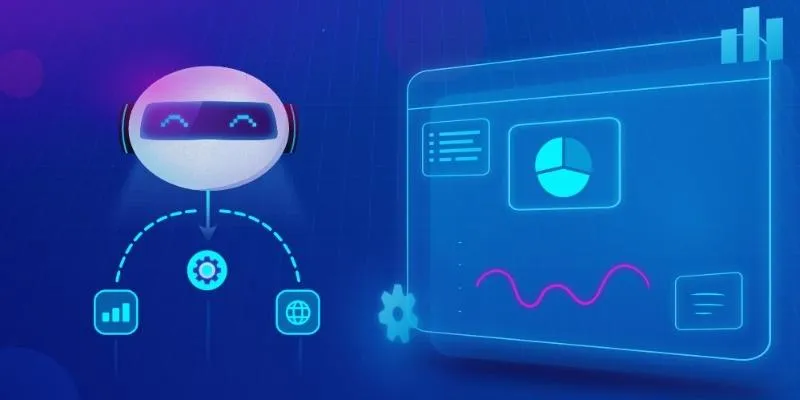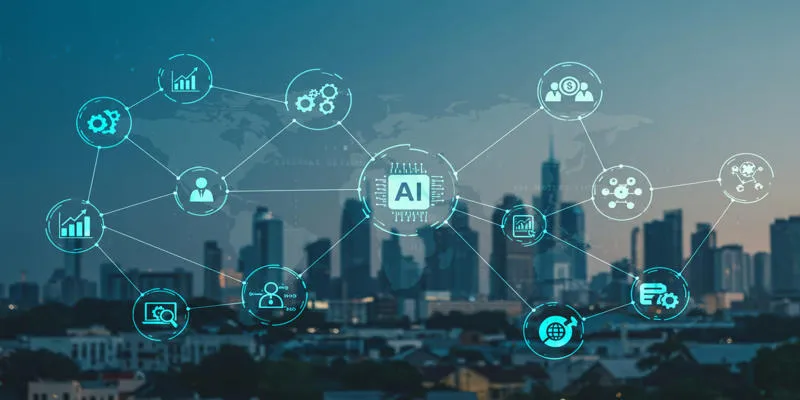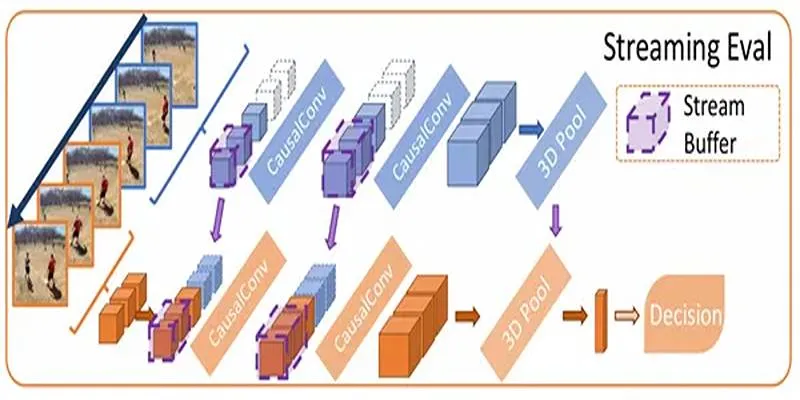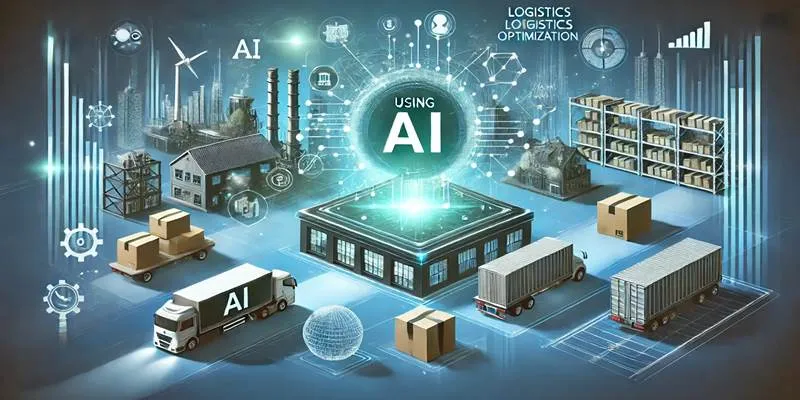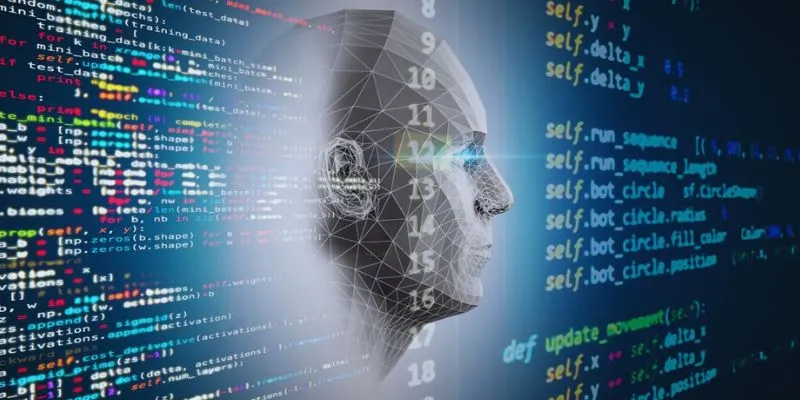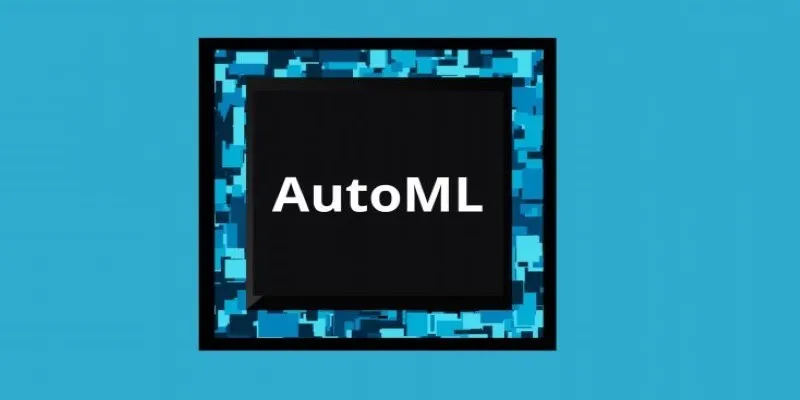In the fast-paced world of law, time is a valuable resource. Traditionally, legal teams spent countless hours reviewing contracts and conducting extensive research. These tasks, though crucial, are often repetitive and tedious. But thanks to AI in Legal Tech, the landscape is shifting. Artificial intelligence is now streamlining contract analysis and legal research, offering faster, more accurate results.
By automating time-consuming processes, AI allows legal professionals to focus on strategy, creativity, and client relationships. This transformation is not just improving efficiency; it’s revolutionizing the way legal services are delivered, setting new standards for accuracy and speed in the industry.
The Role of AI in Contract Analysis
Contract analysis is one of the most demanding jobs in the legal industry. Legal teams spend hours reading through pages of complex documents, identifying key terms, spotting risks, and making sure every detail meets legal standards. Before AI in Legal Tech became common, this process could take days or even weeks.
Today, AI systems can read contracts much faster than humans. They can extract key information, flag unusual clauses, and highlight missing terms. These systems are trained on thousands of legal documents, which helps them understand patterns and common legal language.
AI-based contract analysis software can read various documents, including employment contracts, vendor contracts, lease contracts, and non-disclosure agreements. It can quickly detect important sections like deadlines, terms of payment, and renewal conditions, which saves time and lowers the risk of errors.
Furthermore, AI in Legal Tech enhances risk management. AI software can warn legal teams of potential risks within contracts, such as disadvantageous terms or provisions likely to trigger disputes. This warning enables lawyers to intervene early and avoid legal issues.
Contract analysis has also become more consistent with AI. Human readers might interpret contract terms differently, but AI systems apply the same rules each time, leading to improved accuracy and consistency across various contracts.
AI in Legal Research
Legal research is another area where AI in Legal Tech has made a noticeable difference. Traditionally, legal research required scanning through large databases of case law, statutes, and regulations. Lawyers had to spend hours finding the most relevant information to support their arguments.

AI has revolutionized legal research by making it faster and more efficient. AI tools can scan millions of documents in seconds, identifying relevant case laws, statutes, and regulations. These tools not only provide search results but also summarize key points, saving lawyers valuable time and enhancing overall productivity.
Natural language processing (NLP) plays a crucial role in AI-driven legal research. It allows lawyers to ask questions in plain English and get accurate results. This means even those with limited legal experience can benefit from these tools.
AI tools can also track changes in the law. Legal regulations change frequently, and it can be difficult for legal teams to stay updated. AI systems monitor legal databases and send alerts about changes that may affect specific cases or industries.
Another major advantage of AI in Legal Tech is predictive research. AI can analyze previous case outcomes and predict possible results for current cases. While this does not guarantee a specific outcome, it helps lawyers make more informed decisions and develop stronger legal strategies.
Benefits for Law Firms and Clients
AI in Legal Tech benefits both lawyers and clients by making legal services faster and more affordable. By reducing the time spent on tasks like contract analysis and research, law firms can lower costs, helping clients avoid high legal fees that typically arise from time-consuming processes.
AI tools also promote better client communication. With faster contract analysis and research, lawyers can provide timely updates and advice, helping build trust with their clients.
In addition, AI tools reduce human error, which is critical in the legal field. A small mistake in a contract or a missed case reference can lead to serious problems. AI tools assist in catching these issues early, ensuring higher quality work.
For law firms handling large volumes of contracts, AI tools can efficiently handle bulk reviews. Whether a large company manages hundreds of vendor agreements or a startup deals with multiple investor contracts, AI in Legal Tech makes the process smoother.
Moreover, AI supports better data management. Legal documents often contain sensitive client information. AI-powered systems provide secure storage, access control, and audit trails, ensuring that client data is protected.
Challenges and Future of AI in Legal Tech
While AI in Legal Tech offers numerous advantages, it also comes with challenges. One major concern is data privacy. Legal documents often contain sensitive information, so law firms must ensure that AI tools comply with data protection laws. This ensures confidentiality and reduces the risk of unauthorized access.

Accuracy is another challenge. Although AI tools are advanced, they are not infallible. Human oversight is still necessary to verify the results and ensure that AI-generated reports meet the required legal standards.
The cost of implementation can also be a barrier, especially for smaller firms with limited budgets. However, as AI technology advances and becomes more affordable, adoption is expected to become more widespread.
Looking ahead, AI in Legal Tech is poised to evolve further. Future AI tools may offer even more advanced contract analysis and research capabilities, including drafting contracts based on templates and providing detailed risk assessments. Integration with other business tools, such as finance and sales, will further streamline workflows.
The legal sector is also exploring AI-powered chatbots that can assist with document preparation and answer client queries, enabling legal professionals to focus on more complex tasks. These developments signal an exciting future for AI in the legal industry.
Conclusion
AI in Legal Tech is revolutionizing contract analysis and research, offering faster, more accurate, and cost-effective solutions for law firms and clients alike. By automating time-consuming tasks, AI allows legal professionals to focus on higher-level decision-making and client service. While challenges like data privacy and cost remain, the continued evolution of AI in the legal field promises to further streamline workflows, improve accuracy, and enhance overall efficiency, setting a new standard for the legal industry’s future.
 zfn9
zfn9





